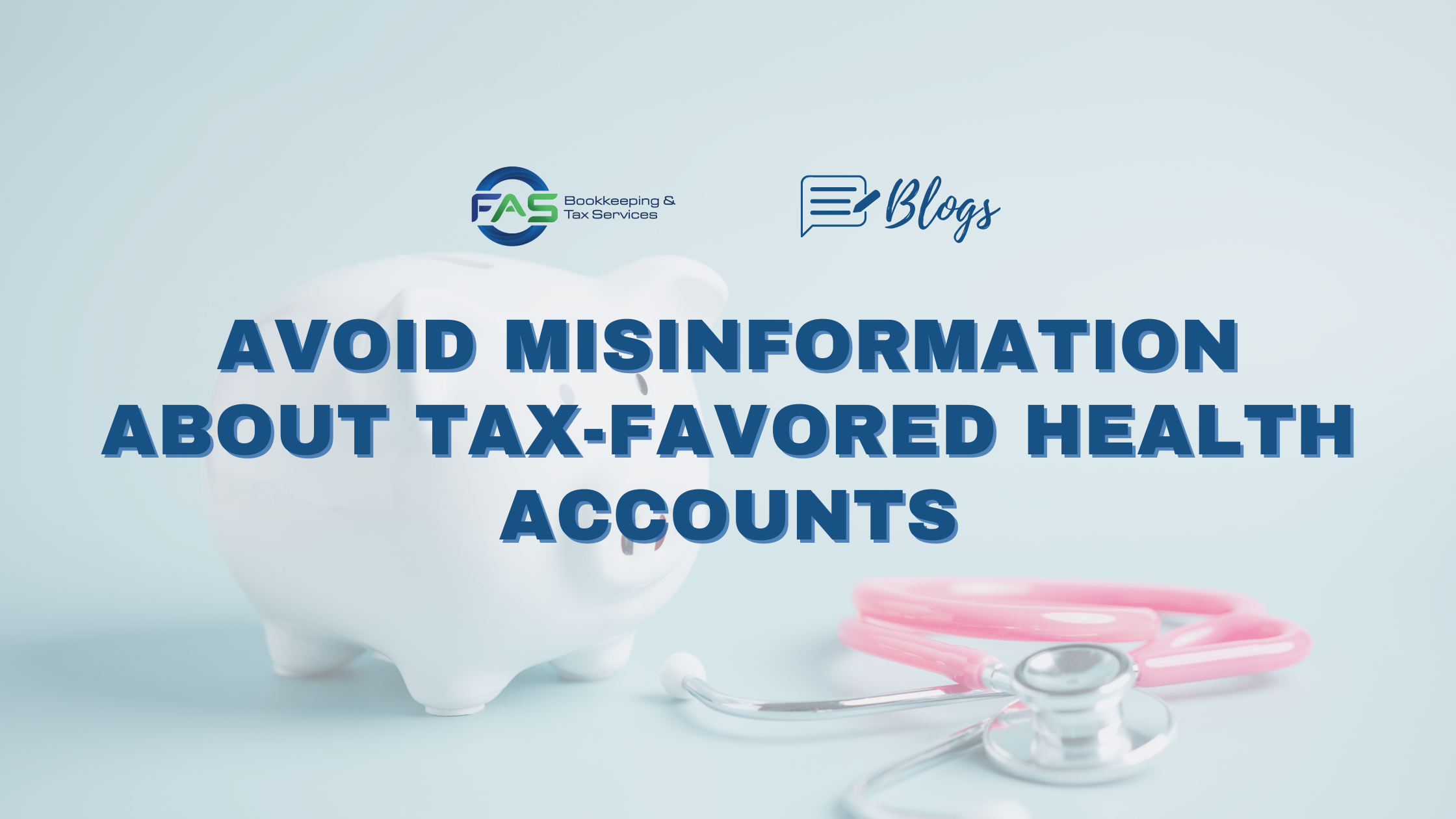The IRS uses Audit Techniques Guides (ATGs) to help IRS examiners get ready for audits. Your business can use the same guides to gain insight into what the IRS is looking for in terms of compliance with tax laws and regulations.
Many ATGs target specific industries or businesses, such as construction, aerospace, art galleries, childcare providers and veterinary medicine. Others address issues that frequently arise in audits, such as executive compensation, passive activity losses, and capitalization of tangible property.
How They’re Used
IRS auditors need to examine all types of businesses, as well as individual taxpayers and tax-exempt organizations. Each type of return might have unique industry issues, business practices and terminology. Before meeting with taxpayers and their advisors, auditors do their homework to understand various industries or issues, the accounting methods commonly used, how income is received, and areas where taxpayers may not be in compliance.
By using a specific ATG, an auditor may be able to reconcile discrepancies when reported income or expenses aren’t consistent with what’s normal for the industry or to identify anomalies within the geographic area in which the business is located.
For example, one ATG focuses specifically on businesses that deal in cash, such as auto repair shops, car washes, check-cashing operations, gas stations, laundromats, liquor stores, restaurants., bars, and salons. The “Cash Intensive Businesses” ATG tells auditors “a financial status analysis including both business and personal financial activities should be done.” It explains techniques such as:
- How to examine businesses with and without cash registers,
- What a company’s books and records may reveal,
- How to analyze bank deposits and checks written from known bank accounts,
- What to look for when touring a business,
- Ways to uncover hidden family transactions,
- How cash invoices found in an audit of one business may lead to another business trying to hide income by dealing mainly in cash.
Auditors are obviously looking for cash-intensive businesses that underreport their cash receipts but how this is uncovered varies. For example, when examining restaurants or bar, auditors are told to ask about net profits compared to the industry average, spillage, pouring averages, and tipping.
Learn the Red Flags
Although ATGs were created to help IRS examiners ferret out common methods of hiding income and inflating deductions, they also can help businesses ensure they aren’t engaging in practices that could raise audit red flags. Contact us if you have questions about your business. For a complete list of ATGs, visit the IRS website here: https://bit.ly/2rh7umD




